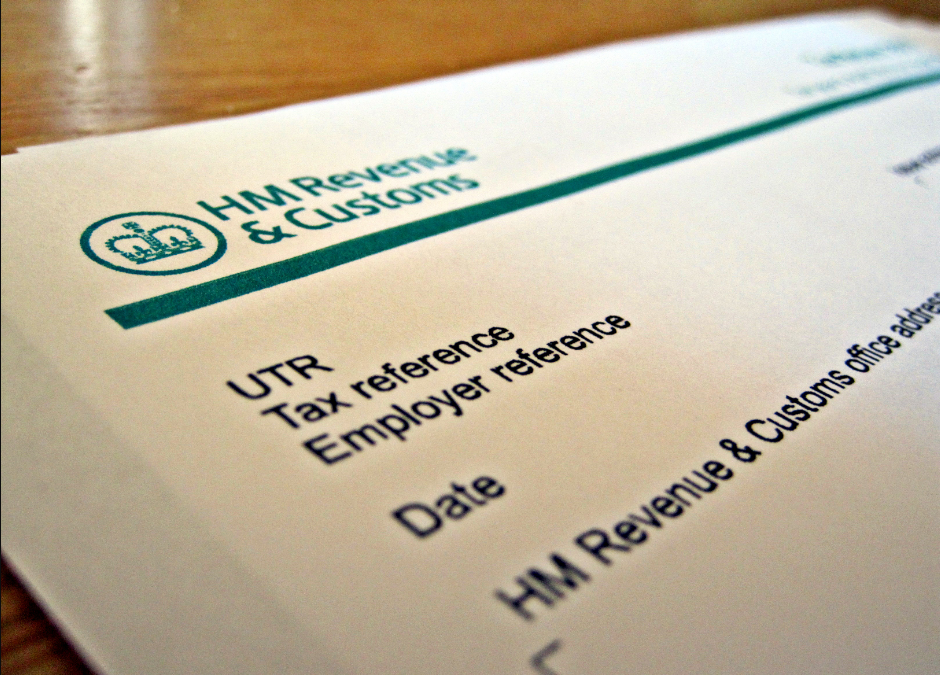
Investigations into underpaid VAT have yielded the UK government an extra £3.75bn in tax, an increase of 12% year-on-year according to data from HMRC.
Tax advisors PfP have claimed that the increased revenue HMRC collected through VAT investigations made up half of all revenue collected through investigations into SMEs in 2017/18.

Access deeper industry intelligence
Experience unmatched clarity with a single platform that combines unique data, AI, and human expertise.
PfP said HMRC has become more adept at reacting to any potential underpayment by businesses, with VAT receipts hitting a record high of £125bn last year, up 60% from £78bn a decade ago. VAT now represents over a fifth of total tax receipts.
Kevin Igoe, managing director at PfP, said: “HMRC is clearly finding VAT investigations into SMEs fruitful so businesses can expect more of the same over the coming year.
“VAT become a large component of total receipts so we will likely see HMRC bulking out its compliance teams to ensure that it squeezes as much as it can from businesses in this area.”
“Investigations really take their toll on small businesses as managers get sucked in at the expense of day-to-day management and strategic planning. Investigations can also substantially increase legal spend, using up resources that may have been earmarked for elsewhere.”

US Tariffs are shifting - will you react or anticipate?
Don’t let policy changes catch you off guard. Stay proactive with real-time data and expert analysis.
By GlobalDataIn 2016/17, the latest year for which data is available, HMRC said it believed businesses underpaid £11.7bn in VAT, a 10% increase from £10.6bn the year before. PfP have also expressed a belief that HMRC is becoming more adept at reacting to any potential underpayment by businesses.
Last November it was revealed that company car and van add-ons such as maintenance and breakdown cover are set to be taxed by HMRC under the Finance Bill put forward to Parliament, despite the government’s previous reassurances that would not be the case.
While previously only the vehicle itself was subject to tax, other elements such as replacement tyres, breakdown cover, insurance and maintenance will now cease to be tax-deductible.







